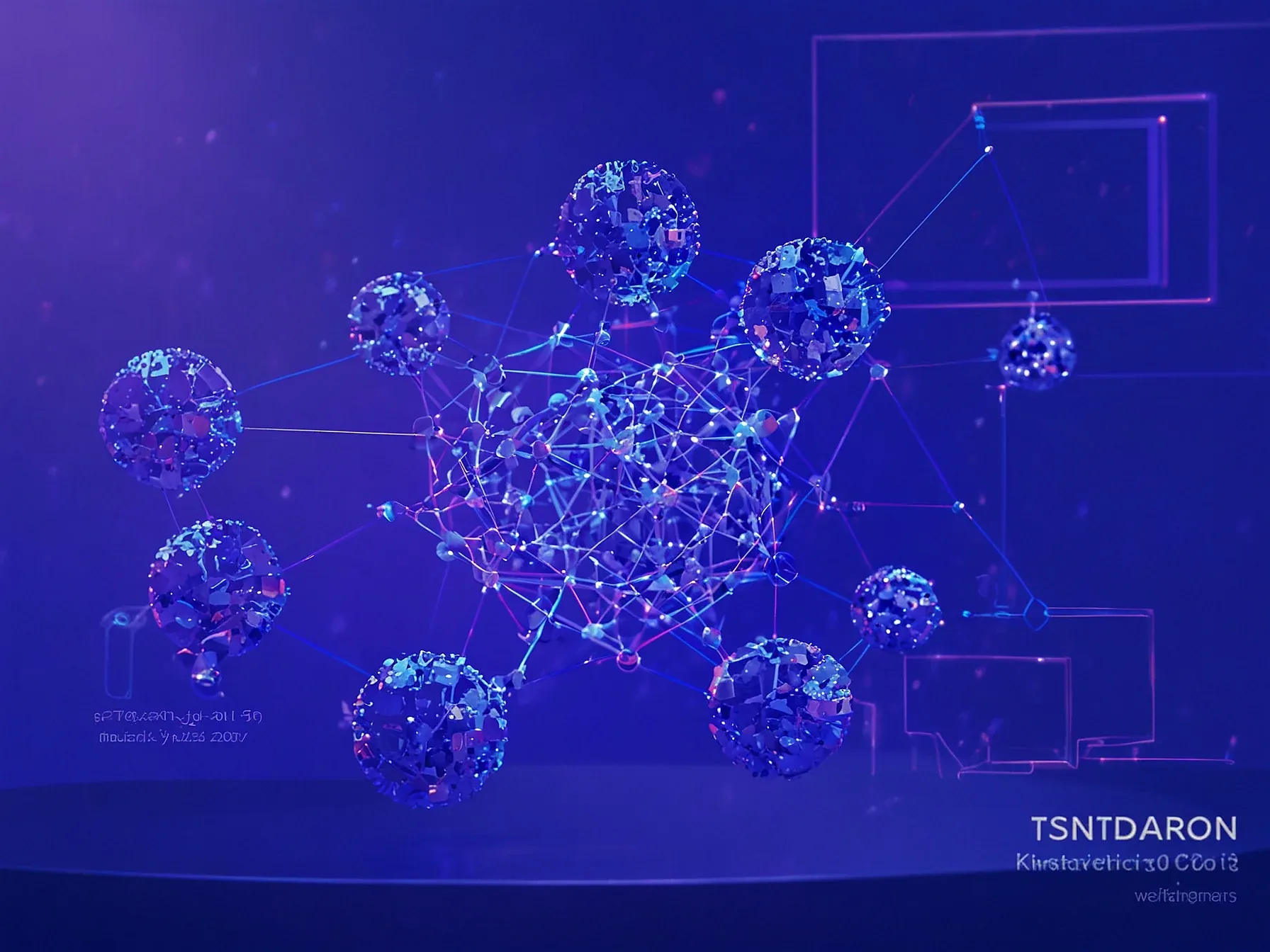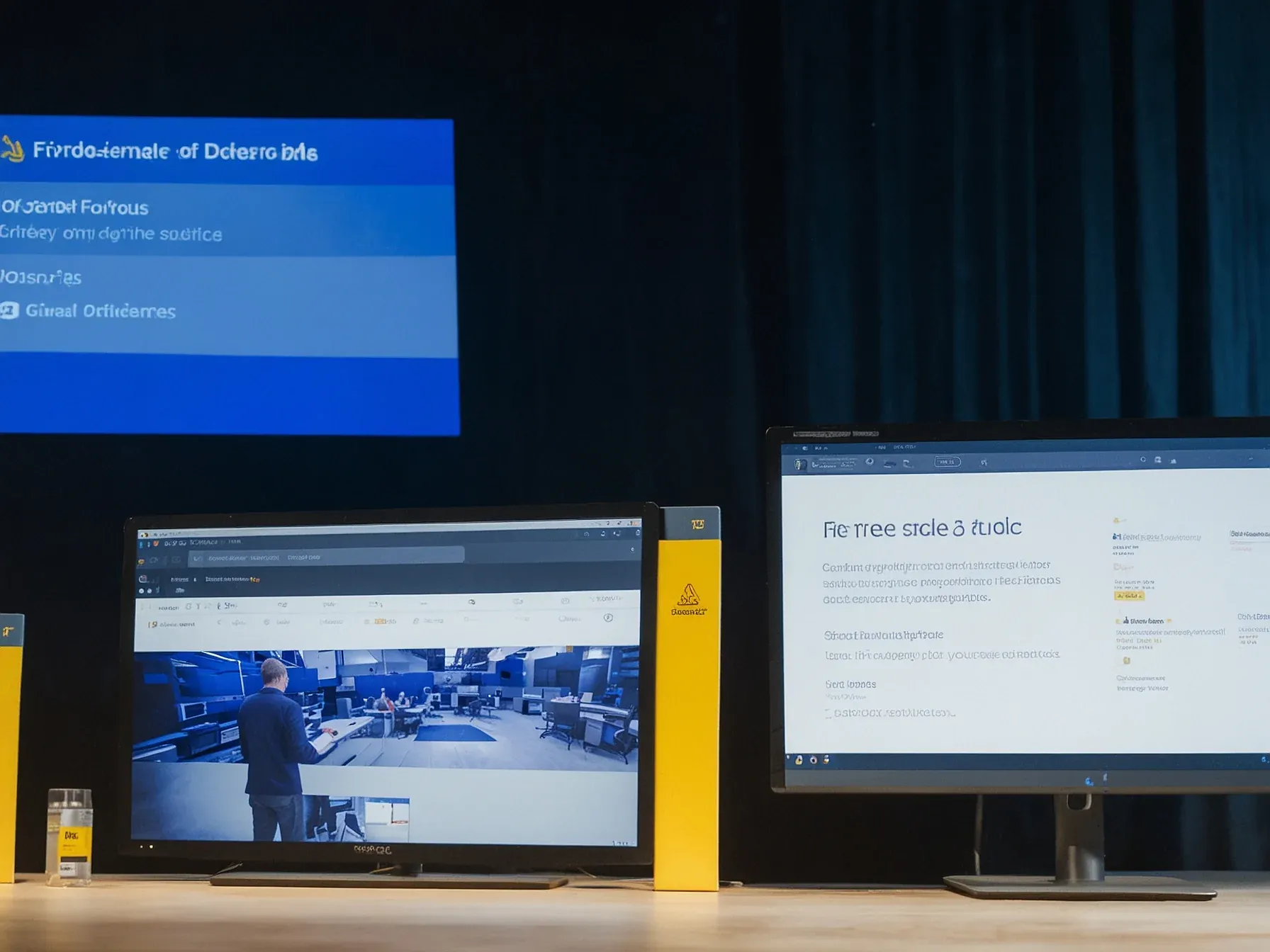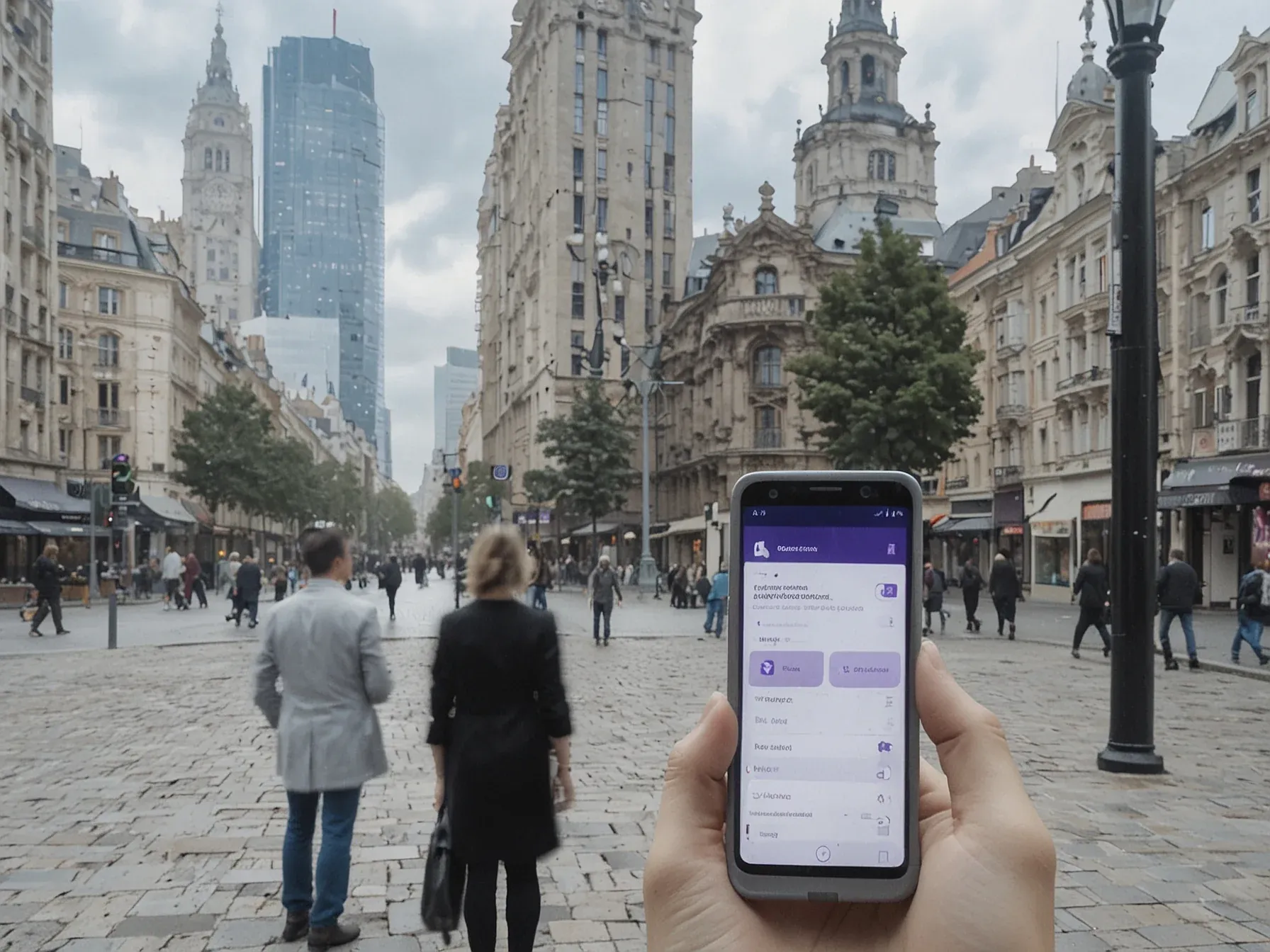
Editorial illustration for Notion 3.0 Unleashes AI to Automate Stakeholder Feedback Workflows
Notion AI Automates Stakeholder Feedback with GPT-5
Notion 3.0 uses GPT-5 to let AI run autonomous stakeholder feedback workflows
Productivity software is about to get a radical upgrade. Notion, the workspace platform known for flexible organizing tools, is pushing AI boundaries with its latest release, transforming how teams handle complex collaborative tasks.
The company's new 3.0 version represents more than just another software update. It promises to fundamentally reshape how knowledge workers interact with artificial intelligence, moving beyond simple text generation into true autonomous workflow management.
Imagine assigning a complex project to an AI agent and watching it independently plan, execute, and synthesize results, without constant human intervention. Notion's approach suggests we're witnessing a key moment where AI transitions from a helpful tool to an intelligent collaborator.
Stakeholder feedback workflows, traditionally time-consuming and labor-intensive, could be simplified into near-instantaneous processes. The implications for team productivity and strategic decision-making are potentially profound.
So how exactly will Notion's AI agents transform workplace collaboration? The answer lies in their notable approach to task delegation and autonomous execution.
With their launch of Notion 3.0(opens in a new window), AI isn't just embedded in workflows; it can now run them. Users assign a broad task--for example, compiling stakeholder feedback--and their agent plans, executes, and reports back. The shift toward agents that choose how to work meant designing for model autonomy from the start.
To validate the architectural shift, Notion evaluated GPT-5 against other state-of-the-art models using actual user tasks. Evaluations were grounded in feedback Notion had already marked as high priority, including questions that surfaced in Research Mode, long-form tasks that required multi-step reasoning, and ambiguous or outdated content where model judgment mattered.
Notion's latest release signals a potential shift in workplace productivity tools. The platform now enables AI to autonomously manage complex workflows like stakeholder feedback collection, moving beyond simple task assistance.
This approach represents more than incremental improvement. By allowing AI agents to plan, execute, and report on broad assignments, Notion is reimagining how work gets done.
The company's architectural choices suggest careful consideration. Designing for model autonomy required rethinking traditional workflow management, with GPT-5 serving as the core technological enabler.
Rigorous model evaluations using actual user tasks hint at Notion's commitment to practical buildation. Rather than chasing theoretical capabilities, they've focused on real-world performance and reliability.
Still, questions remain about how businesses will adapt to these more autonomous systems. Notion 3.0 offers a glimpse into a future where AI doesn't just support human work, but potentially drives entire processes independently.
For now, the platform represents an intriguing experiment in workplace AI, one that could reshape how teams collaborate and manage information.
Further Reading
- Notion’s rebuild for agentic AI: How GPT-5 helped unlock autonomous workflows - OpenAI
- Notion 3.0: GPT-5 Powers Autonomous AI for Smarter Workflows - Dera
- Notion AI Agents Review: Is Notion 3.0 AI Worth It? - Gmelius
- Notion 3.0 AI Agent: Everything You Need to Know! - Bullet.so
- September 18, 2025 – Notion 3.0: Agents - Notion
Common Questions Answered
How does Notion 3.0 transform stakeholder feedback workflows using AI?
Notion 3.0 introduces AI agents that can autonomously plan, execute, and report on complex collaborative tasks like stakeholder feedback collection. Users can now assign broad tasks to the AI, which will independently manage the entire workflow from start to finish, representing a significant leap in workplace productivity tools.
What architectural innovations enable Notion's AI to manage workflows autonomously?
Notion designed its AI architecture with model autonomy as a core principle, allowing agents to choose how to work and complete tasks. The company validated this approach by evaluating GPT-5 against other state-of-the-art models using actual user tasks, ensuring the AI can effectively manage complex collaborative processes.
What makes Notion 3.0's approach to AI different from previous productivity software?
Unlike traditional productivity tools that offer simple text generation or task assistance, Notion 3.0 enables AI to run entire workflows independently. The platform allows users to assign broad tasks, with the AI agent planning, executing, and reporting back, fundamentally reshaping how knowledge workers interact with artificial intelligence.








